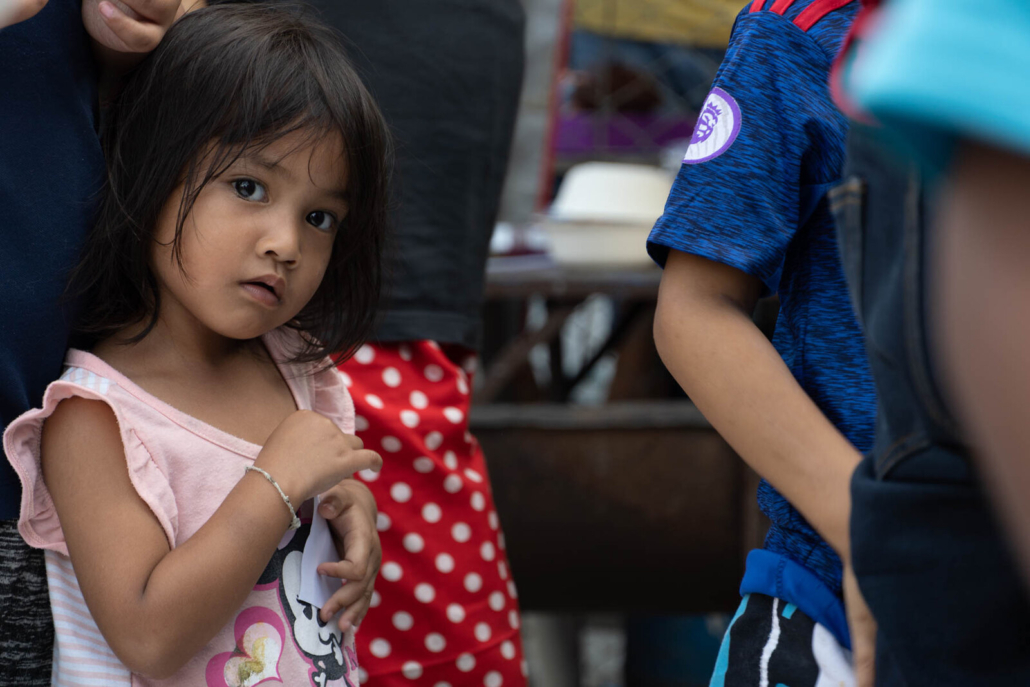Being Poor in Thailand: Life of the Urban Poor in Bangkok
 Thailand has a poverty rate of 12.2%. Urban informal settlements or slums are places where a majority of urban poor dwell in many places worldwide. When zooming into Bangkok, the capital of Thailand, a total number of 300,000 households live in informal settlements across 1,500 communities. Being poor in Thailand often means residing in an informal settlement.
Thailand has a poverty rate of 12.2%. Urban informal settlements or slums are places where a majority of urban poor dwell in many places worldwide. When zooming into Bangkok, the capital of Thailand, a total number of 300,000 households live in informal settlements across 1,500 communities. Being poor in Thailand often means residing in an informal settlement.
Khlong Toei
Urban sprawl is projecting threats of eviction and homelessness to informal settlements. Khlong Toei, the largest informal settlement in Bangkok and home to 100,000 people, is the next preferred site for upscale development. Current residents are offered affordable housing options in a residential tower, with only 13,000 available units. The rest of the residents will disperse into the margin of the city, away from their jobs and communities.
Fire hazards are also threatening the lives of residents in Khlong Toei. Due to the low to non-existent fire control infrastructure and the crowded nature of the settlements, fire has become a constant concern in the communities. Fire destroyed 30 homes in 2017 and this is one small event following a history of constant fire and explosions at the settlements.
Water Access
Being poor in Thailand, one often feels the powerful nature of water. Water pollution creates compound effects that make life in informal settlements even more challenging. Waste disposal has buried and polluted the canals that used to be the arteries of the city, making the informal settlers highly prone to vector-borne diseases.
Lack of access to fresh water and flood-control infrastructure has aggravated the environmental stress of living with the residents. Public health conditions related to sanitary water supply is a major concern in Bangkok’s informal settlements. Insufficient sanitary infrastructure and pricey protective equipment could be among the reasons why residents were could not carry out basic COVID-19 prevention activities, according to a 2022 research article.
Solutions
Nonprofit organizations have been assisting the urban poor in Khlong Toei. Founded in 2020, Bangkok Community Help Foundation has been working with residents, addressing sanitation issues, while providing essential supplies daily. Its help spans from housing projects to waste dump conversion. Latterly, help has extended to medical supplies during COVID-19 and survivor bags that pack preserved food supplies, covering 3,000 meals per day.
Urban informal settlements are not only hosts of self-built resilient communities but arts and crafts that would otherwise be lost. Many urban informal settlers in Bangkok work as street hawkers, vending homemade food and crafts, supporting a culture of vibrant street scenes that attract domestic and international visitors to Bangkok every year.
Residences of these urban informal settlements are facing drastic life-threatening challenges. NGOs and volunteers are working on addressing some of the public health and safety concerns, and it is calling for governmental and international aid to improve the quality of life and opportunities of urban dwellers.
– Yuhan Ji
Yuhan is based in Cambridge, MA, USA and focuses on Global Health for The Borgen Project.
Photo: Flickr
